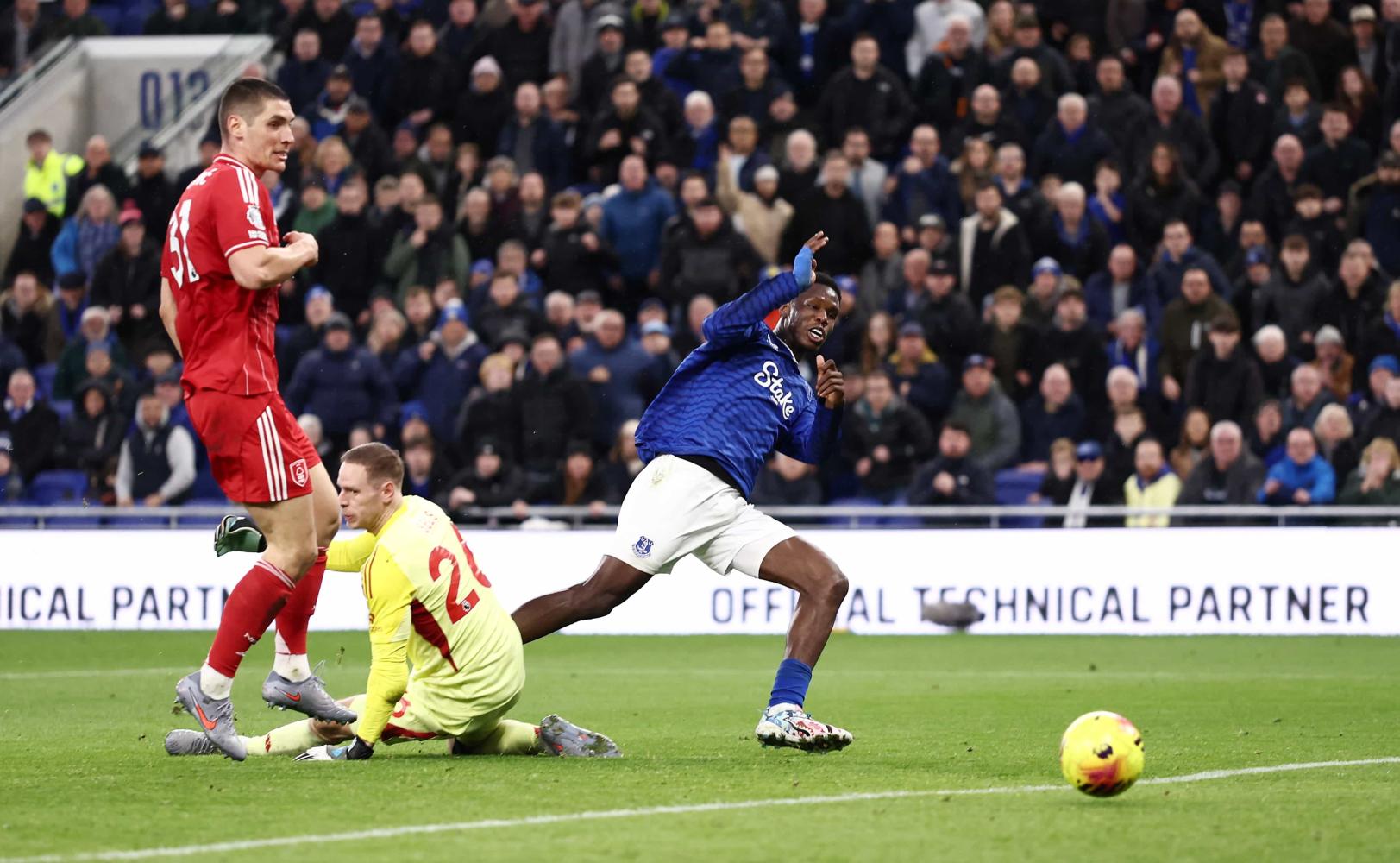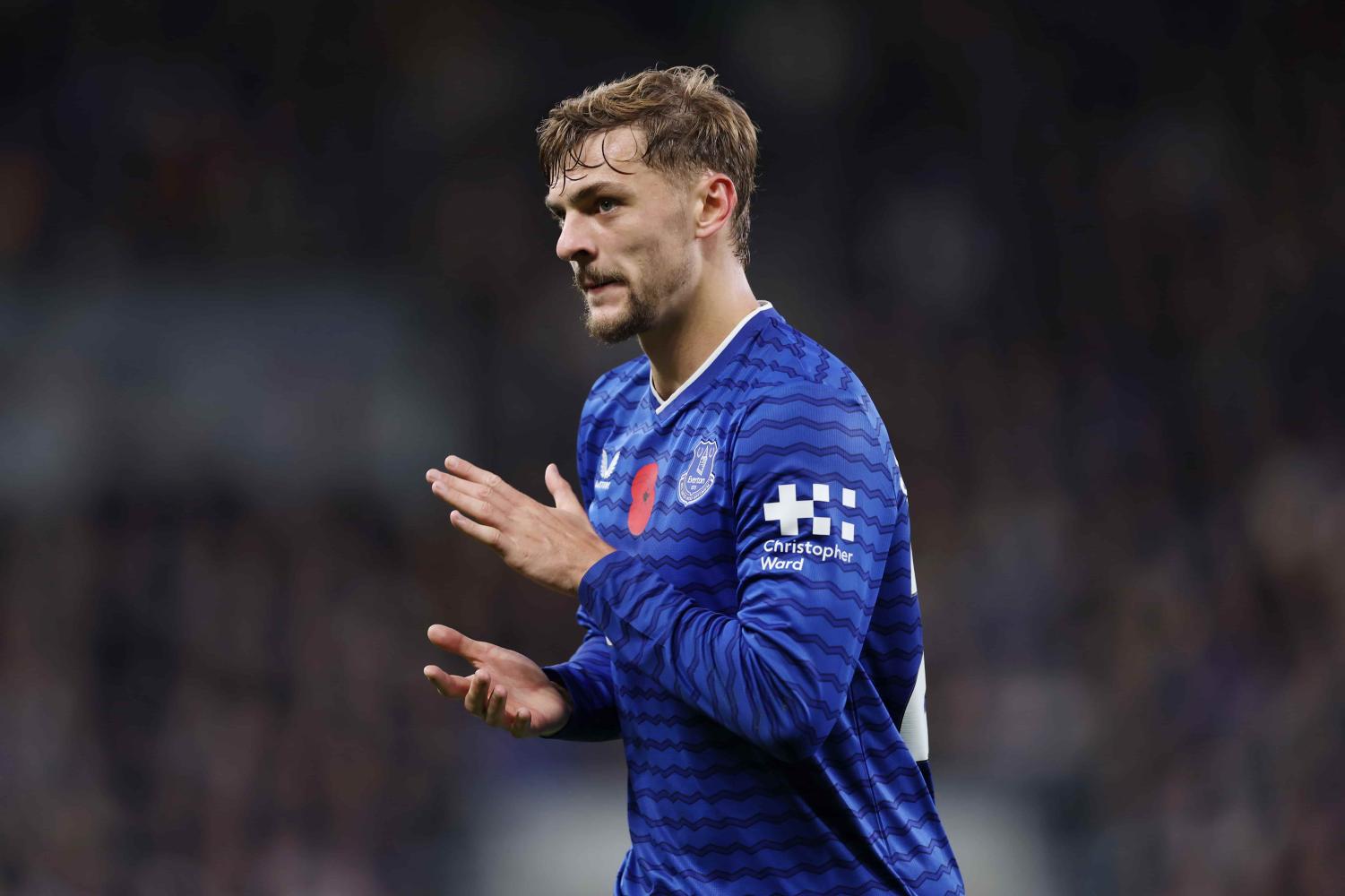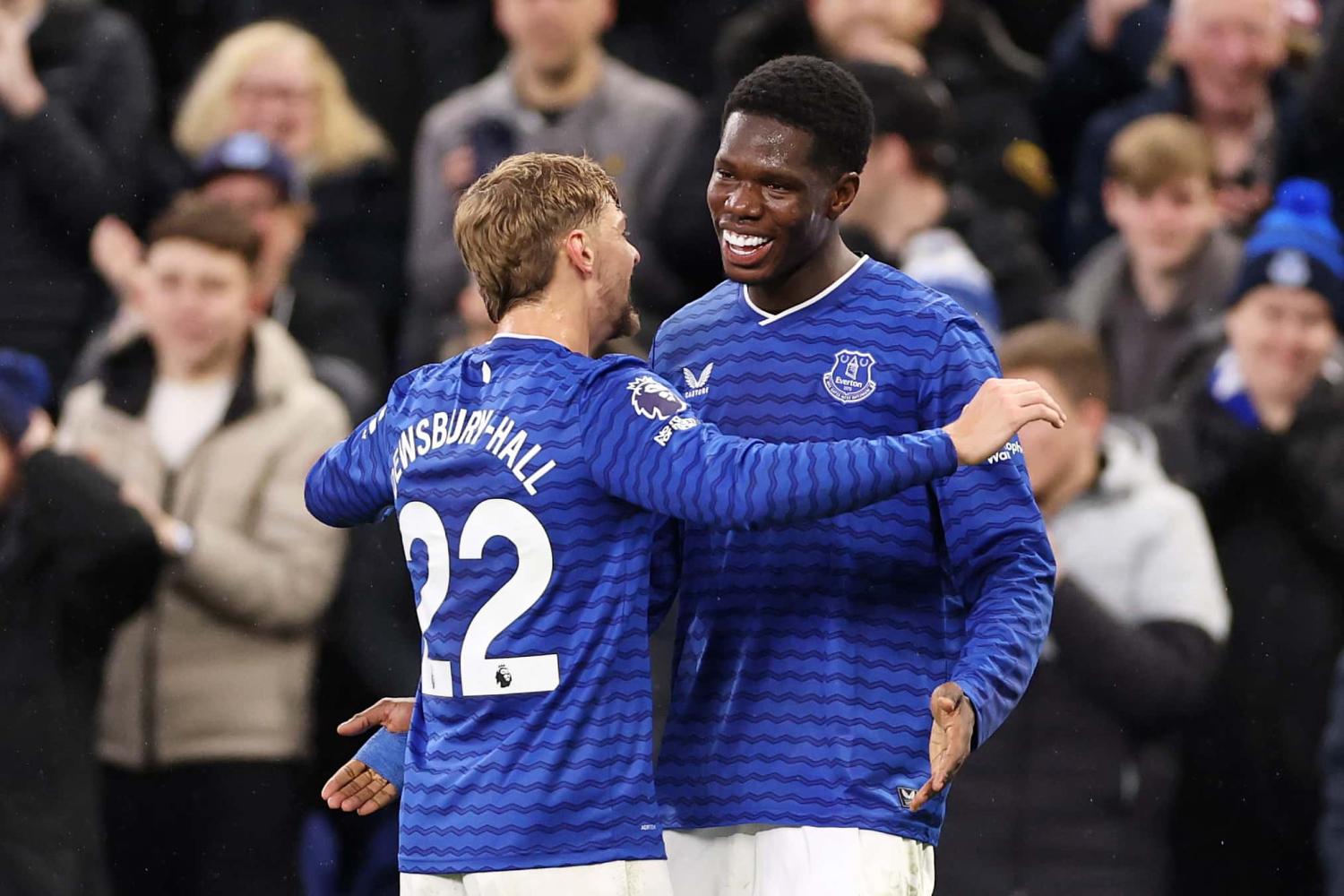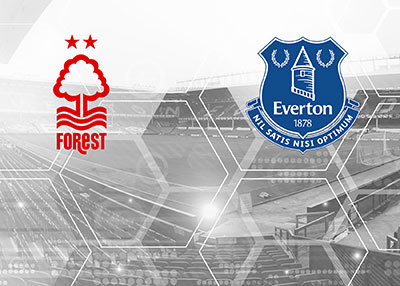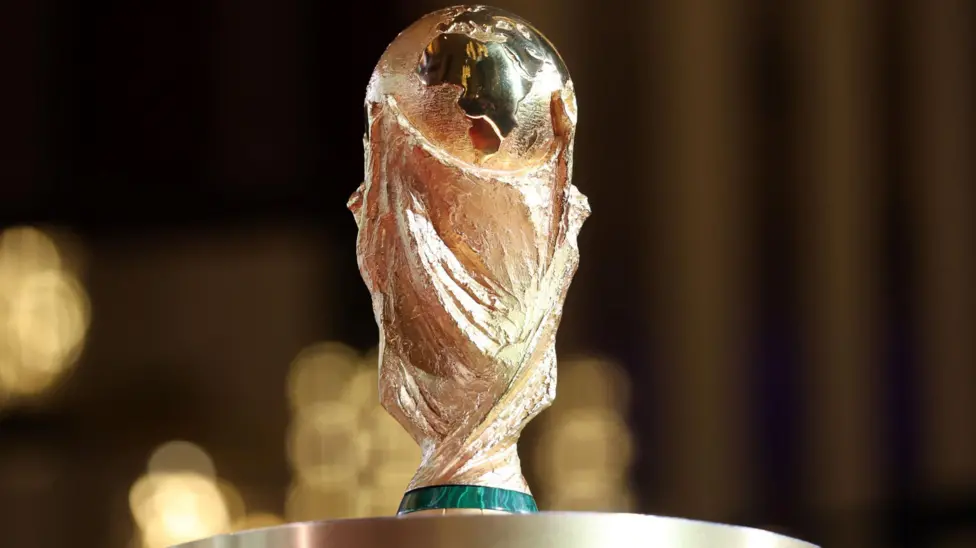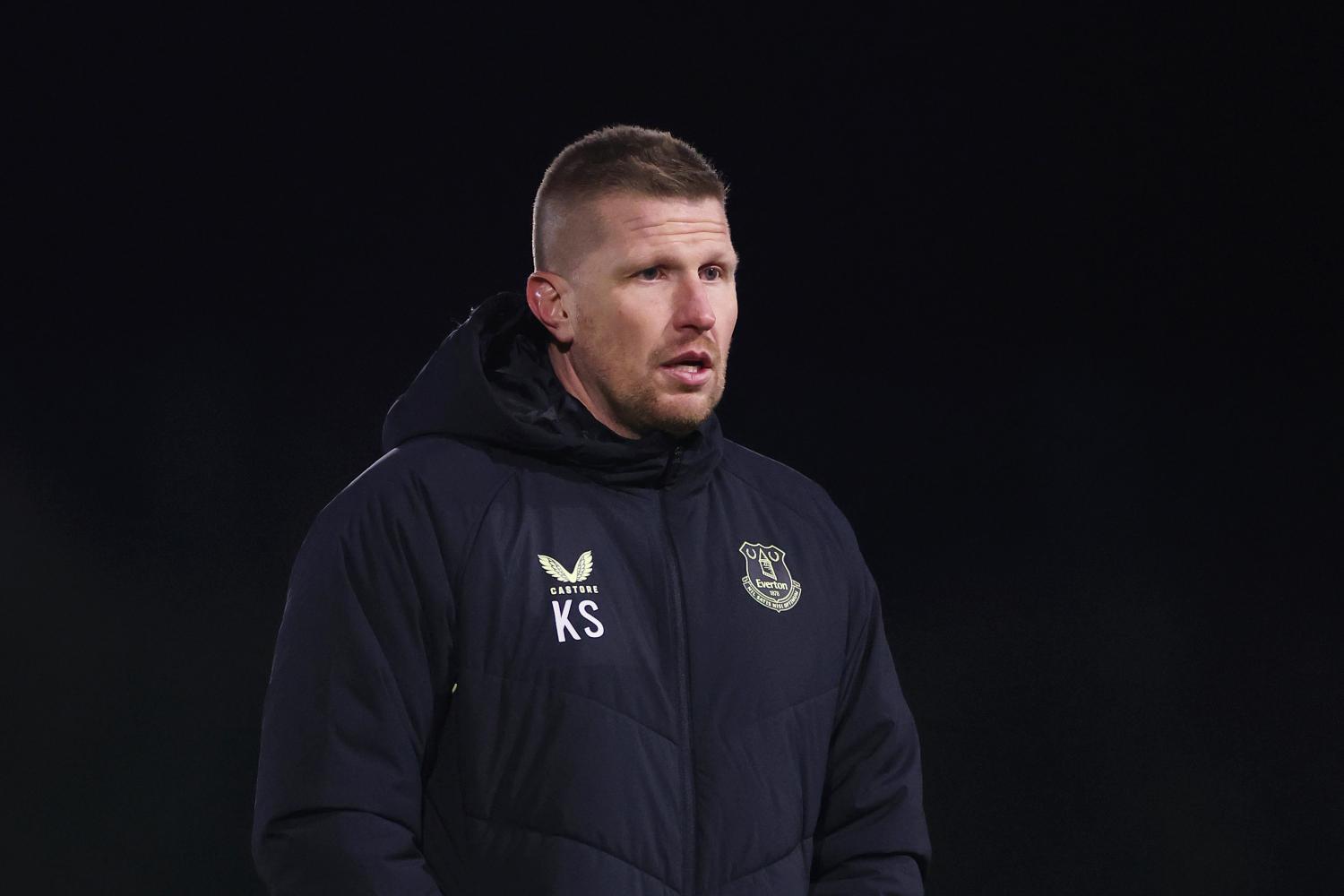Everton for Dummies
Looking for a quick summary of the enigma that is Everton, here is ToffeeWeb's no-nonsense guide for the uninitiated.
In a nutshell...
Founder members of both the English Football League in 1888 and the Premier League in 1992, Everton have spent more seasons in the top division of the world's oldest professional league than any other. One-time "Mersey Millionnaires" at the leading edge of the English game, they were a club living off an illustrious history and struggling in the Premier League era to be recognised as merely mediocre as opposed to perennial relegation strugglers before David Moyes, took the helm as manager in 2002.
Thanks to a steady evolution and growth, the Toffees enjoyed something of a renaissance under a period of sustained stability under the Scot that included an almost miraculous fourth-place finish in 2004, a brush with the Champions League that year and forays into the Europa League before the financial realities of the Club's attempts to permanently break through the glass ceiling and join the monied elite came home to roost.
Moyes left Everton for Manchester United in 2013 and a spell of unstable management ensued as ex-Wigan Athletic boss, Roberto Martinez, sparked a brief revolution of his own that resulted in the club registering its highest points total of the Premier League era to date before his tenure collapsed in 2016 despite leading Everton into the last 16 of the Europa League and to two cup semi-finals. He was was sacked after successive 11th-placed finishes, his replacement, Ronald Koeman lasted less than 18 months and he was succeeded temporarily by Sam Allardyce who was, himself, shown the door in 2018.
By this stage, British-Iranian billionaire, Farhad Mohisiri, had begun to assume majority control and Marco Silva was brought in to restart another patient evolution under a young, supposedly dynamic foreign coach. Unfortunately, he, too, would be gone just a year and a half into the job, to be replaced by one of the European game's most decorated managers in the form of Carlo Ancelotti. With the celebrated Italian leading the team and Moshiri pressing ahead with plans to relocate the club from Goodison Park to Bramley-Moore Dock, the hope is that Everton are finding their way back to the pinnacle of the domestic game.
Where is Everton?
Everton is a suburb of Liverpool, the fourth-largest city in England situated in the northwest of the country. Everton's home ground, Goodison Park, is in the adjacent district of Walton, though, the club having moved there from Anfield — yes, Liverpool FC's current stadium — in 1892. The relocation proposal of new stadium on the banks of the Mersey with a target opening date of 2024 is the club's fifth since 1997 after plans to move to Aintree, the King's Dock, Kirkby and Walton Hall Park all fell by the wayside. That would move the club to the Kirkdale ward.
How long have they been going?
The club was formed in 1878, first as St Domingo's FC before they changed their name a year later to Everton. Joining the Football League as founder members in 1888, Everton was the first professional club in Liverpool and the Reds were actually born out of Everton when the club split in 1892 over a rent dispute. One half went to play at Goodison Park, the other half stayed behind at Anfield where the forces of the Dark Side developed.
How successful have Everton been?
In terms of trophies won, Everton are the fourth most successful side in English history — behind Liverpool, Manchester United and Arsenal — with nine league titles, five FA Cups and a European Cup Winners' Cup. However, Everton have spent more time in England's top division than any other club and have therefore played more games there and won more points than anyone. They have spent just four seasons out of the top flight in 133 years.
Who is the manager?
That would be the afore-mentioned Carlo Ancelotti who arrived at the club with 15 major trophies to his name having had spells with the likes of AC Milan, Chelsea, Paris Saint-Germain, Real Madrid, Bayern Munich and Napoli. He joined Everton in 2019 and has been working alongside Director of Football, Marcel Brands, to push the club back into European contention.
Why don't you hear much about Everton these days?
The media's relationship with Everton seemed to take a dive after Joe Royle barred journalists from Bellefield (Everton's old training ground) in 1997 but in a Sky Sports-induced era of "only the present matters", a simple lack of success lies behind why the club aren't as celebrated as they once were. While their peers among the old "Big 5" that drove the formation of the Premier League – Manchester United, Arsenal, Tottenham and Liverpool – have all pushed ahead and achieved varying degrees of success since 1992, the Blues stagnated and even had a couple of very close calls with relegation in the 1990s.
As they have lurched through unsuccessful managerial tenures, Everton have made headlines for all the wrong reasons but there is hope that with Moshiri's financial backing, the likes of Ancelotti and James Rodriguez bringing in attention from abroad and a beautiful new stadium planned at Bramley-Moore Dock, things might finally be changing..
When was the last time they won anything?
Everton were surprise winners of the FA Cup in 1995 and entered the European Cup Winners' Cup the following season. They had previously won the League Championship in 1987 (for the second time in three years; their ninth in all) but were denied entry to the European Cup due to UEFA's ban on English clubs thanks to Liverpool fans' involvement in the Heysel tragedy. The closest they have come to silverware since was the FA Cup Final in May 2009 where they were beaten 2-1 by Chelsea despite Louis Saha scoring after just 26 seconds, the fastest goal in the Final's history.
If they were so good in the 1980s, how come they have struggled so much since?
There were many reasons but the overriding factors were two-fold:
- Heysel and UEFA's ban
Had Liverpool's fans chosen any other decade in which to riot with Juventus fans in the European Cup, Everton would have been alright. As it was, the governing body of European football slapped an all-encompassing ban on English clubs playing in UEFA competitions so the Blues were barred from either defending their European Cup Winners' Cup of 1985 or competing in the European Champions Cup on the back of domestic championship triumphs in both '85 and '87.
As a result, top scorer Gary Lineker went to Barcelona, Howard Kendall went to manage Athletic Bilbao and Everton's fall from grace began.
- Financial mismanagement
Everton have always been one of the biggest clubs in Britain but the failure of successive boards to make adjustments for the UEFA ban and to invest properly in the club's infrastructure or the right players was to eventually take its toll. In debt to the tune of £10m by 1994, the answer seemed to have arrived in the form of millionnaire food produce magnate Peter Johnson, but he was a Red coming from Tranmere and by the time he'd been forced out, the club were nearly £20m in debt and new benefactor Bill Kenwright was left with a financial mess to deal with.
The club was in better fiscal shape for a while under the Kenwright regime while turnover remained low for a club of our size but as many of the club's assets were sold off and debts mounted alarmingly on the back of rapidly rising player wages, the situation has become untenable. Everton is perhaps the biggest English club not to have been the subject of a high-profile, big-money takeover in recent years, most likely due to our long-term debt and need to either rebuild Goodison Park or move to a new stadium.
So, what now for Everton?
Again, things appear to be on the up at Everton. At one stage under Bill Kenwright, the club was losing £5m a year but after the theatre impresario found a buyer in Moshiri, the financial footing has been a lot surer. Though a significant outlay on players since 2016 has failed to move the needle, the signs are that under Brands and Ancelotti, the Blues are as well placed as they have been in years to make progress on the field.

